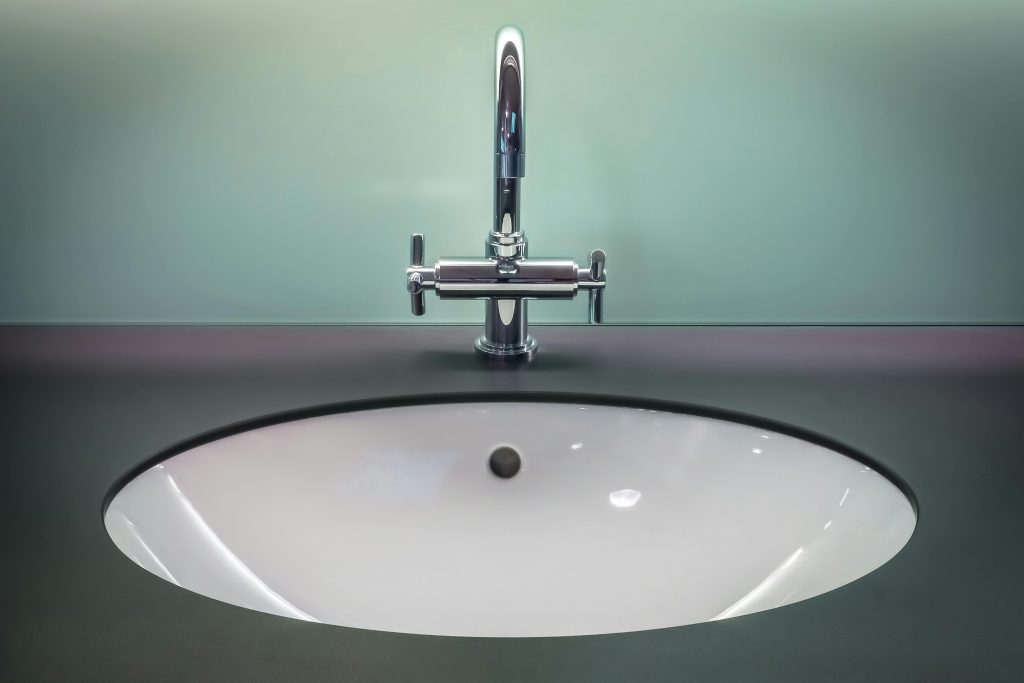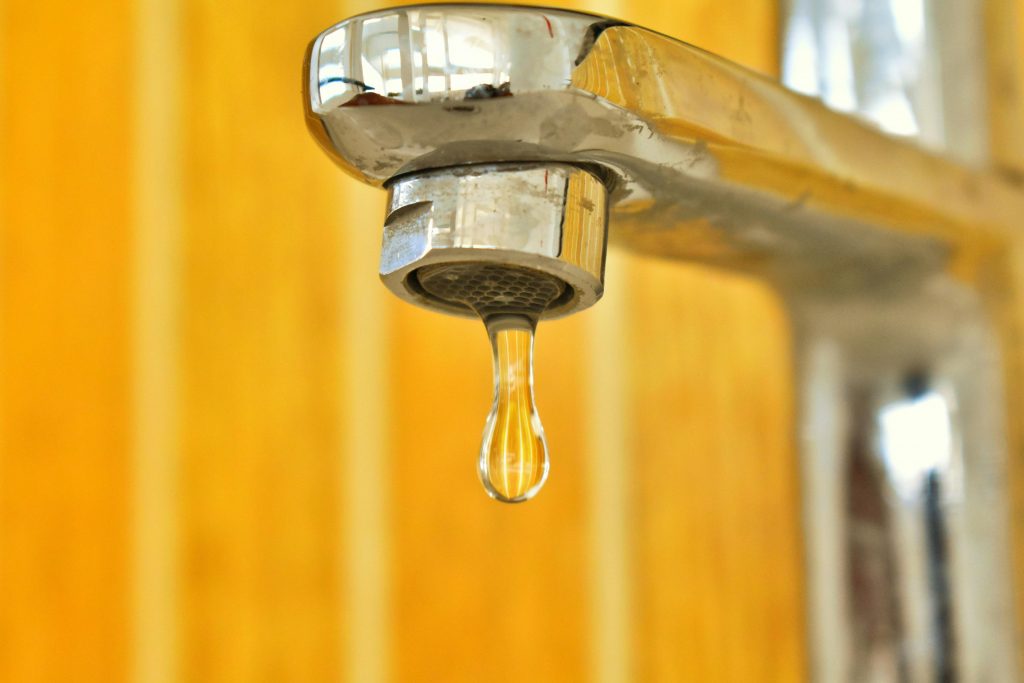Water softeners are essential appliances for many homeowners, especially those living in areas with hard water. Hard water contains high levels of minerals such as calcium and magnesium, which can lead to a variety of problems including scale buildup in pipes, reduced effectiveness of soaps and detergents, and dry skin and hair. Understanding how a water softener works can help you appreciate the benefits it brings to your household. Here’s a detailed look into the workings of a residential water softener.
The Basics of Hard Water
Hard water is water that has a high concentration of dissolved minerals, primarily calcium and magnesium. When hard water flows through pipes and household appliances, it leaves behind scale deposits that can clog pipes, reduce the efficiency of water heaters, and damage appliances. Additionally, hard water can make it difficult to get soap to lather properly, leading to soap scum on dishes, laundry, and your skin.
How Water Softeners Work
A water softener addresses these issues by removing the calcium and magnesium ions from the water and replacing them with sodium ions. This process is known as ion exchange. Here’s a step-by-step explanation of how it works:
1. Water Flow
The hard water from your home’s main water supply enters the water softener through a valve. This water then flows into a tank filled with resin beads or a special filter material designed to capture the calcium and magnesium ions.
2. Ion Exchange
As the hard water passes through the resin beads, the calcium and magnesium ions are attracted to the beads and cling to their surfaces. The resin beads are coated with sodium ions, which are released into the water as the calcium and magnesium ions are captured. This exchange of ions effectively removes the hardness from the water, leaving it soft.
3. Distribution of Soft Water
Once the ion exchange process is complete, the softened water exits the tank and is distributed throughout your home’s plumbing system. This soft water is now free of the minerals that cause hardness, preventing scale buildup and improving the effectiveness of soaps and detergents.

4. Regeneration Cycle
Over time, the resin beads become saturated with calcium and magnesium ions and can no longer effectively soften the water. At this point, the water softener enters a regeneration cycle to recharge the resin beads with sodium ions. During regeneration, a highly concentrated brine solution from a separate salt tank is flushed through the resin tank. The high concentration of sodium ions in the brine displaces the calcium and magnesium ions on the resin beads, effectively cleaning them. The calcium and magnesium ions are then flushed out of the system and down the drain.
The regeneration cycle typically occurs every few days, depending on the hardness of the water and the amount of water used in the household. Modern water softeners are often equipped with automated systems that monitor water usage and initiate regeneration only when necessary, making them more efficient and conserving both water and salt.
Benefits of a Residential Water Softener
Installing a residential water softener offers numerous benefits:
- Prevents scale buildup in pipes and appliances, extending their lifespan.
- Improves the efficiency of water heaters, reducing energy costs.
- Enhances the effectiveness of soaps and detergents, leading to cleaner dishes, laundry, and skin.
- Reduces soap scum and buildup in bathrooms and kitchens.
- Provides softer, smoother skin and hair.
Maintaining Your Water Softener
To ensure your water softener operates effectively, it’s important to perform regular maintenance. This includes keeping the salt tank filled with the appropriate type of salt, cleaning the brine tank periodically, and checking for any issues with the system’s operation. Many water softeners come with user manuals that provide detailed maintenance instructions.
If you encounter problems with your water softener or are interested in installing one, it’s advisable to consult a professional. They can offer expert advice and ensure your system is set up correctly to provide your home with continuous, high-quality soft water.
In conclusion, a residential water softener is a valuable investment for households dealing with hard water issues. By understanding how these systems work and performing regular maintenance, you can enjoy the many benefits of soft water, including improved appliance longevity, energy efficiency, and overall water quality in your home.

